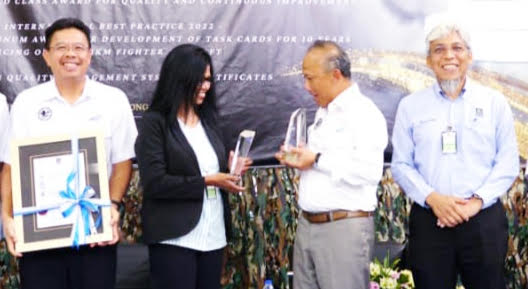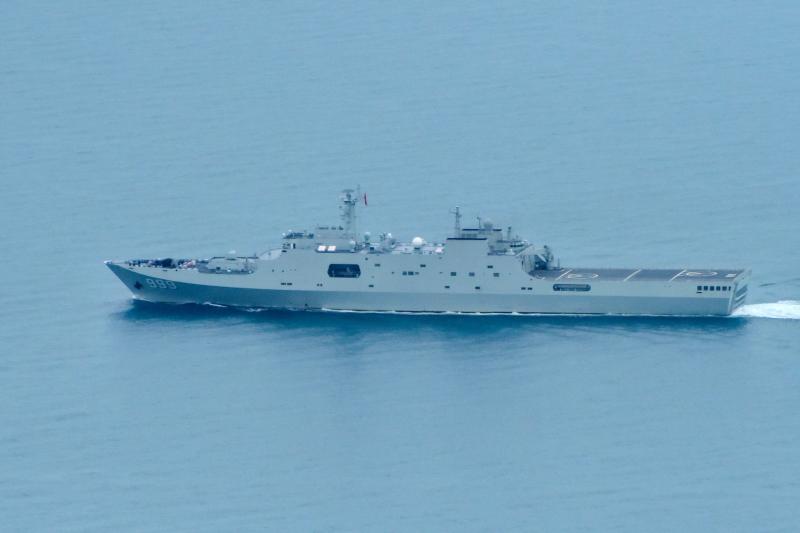
KUALA LUMPUR, Malaysia–With the upcoming inaugural visit by the Malaysian Prime Minister Ismail Sabri Yaakob to Vietnam on March 20, it is expected that new opportunities will be explored for the betterment of bilateral ties as well as the strengthening of the Association of Southeast Asian Nations (ASEAN).
Ismail Sabri, who has just concluded visits to fellow ASEAN states, Indonesia, Cambodia, Thailand and Brunei will certainly have several issues on his agenda, with the strong possibility of COVID-19 recovery measures being discussed and implemented.
Post COVID-19 recovery
Malaysia has successfully negotiated and implements a vaccinated travel lane (VTL) program with Singapore and this will be expanded to cover Cambodia and Thailand starting March 15. Such an arrangement is key to post pandemic recovery as the movement of people is key for various businesses including tourism, which plays a key role in most ASEAN economies. Malaysia will also fully open its borders for international travel starting April 1, easing restrictions for entry.
Vietnam for its part is also preparing to open its international borders with the proposed date of March 15, allowing the country to kick-start not only its tourist industry but also its business-to-business contacts.
Under the proposal, foreign visitors entering Vietnam via air, land and sea routes will only need to furnish a certificate that they have been fully vaccinated or have recovered from COVID-9. Instead of having to submit a negative PCR test result done 72 hours before departure, they will be allowed to show a negative rapid antigen test result done within 24 hours after their arrival at their chosen accommodation.
Considering the opening schedules, the visit by Ismail Sabri comes at a crucial time for both and it is hoped that all arrangements are made by both sides to ensure hassle free travel and border entry as both countries had hundreds of thousands of tourists and work travelers pre-pandemic.
This must include recognising each other's vaccination certificates as well as ensuring a standardisation of SOP and other conditions to make cross border travel a reality that will match and exceed re-pandemic levels.
Health cooperation
The COVID-9 pandemic has taught many countries around the world to invest into their public healthcare systems as well as to develop their capacity for the research, development and production of vaccines, not only to deal with the COVID-19 pandemic but also for future health threats.
Both countries have sent billions of dollars for the procurement of COVID-9 vaccines for their populations-Vietnam spending some 1.1 billion U.S. dollars last year and Malaysia spending a similar amount to vaccinate their population. Both countries have also spent a substantial amount on upgrading their public healthcare systems.
Almost 75 million people of Vietnam's 96 million population have been vaccinated with two doses, and more than 32 million have received the booster dose. As for Malaysia’s 32 million population, 78.9 percent have received two doses and 46.8 percent have received booster shots.
Considering the constant emergence of new variants of COVID-19, it is critical to continue to main stocks of vaccine for future doses and both Vietnam and Malaysia have already set up localised fill and finish facilities- Malaysia with the China developed Sinovac and Vietnam doing the same with the Russia developed Sutnik V.
Both countries could collaborate on R&D efforts while discussing terms to ensure vaccine supply security for their populations besides cooperation on a range of other healthcare issues, exchanging expertise and exploring cooperation in production and distribution of not only vaccines but the whole medical supply chain.
Regional Comprehensive Economic Partnership (RCEP)
Both Vietnam and Malaysia and Vietnam are signatories of the Regional Comprehensive Economic Partnership (RCEP) with the agreement coming into effect on Jan. 1 for the former and March 18 for the latter, providing more trade and economic opportunities for both countries.
Vietnam imports from Malaysia were valued at 6.58 billion U.S. dollars during 2020, according to the United Nations COMTRADE database on international trade, while Malaysia imported 4.28 billion U.S. dollars during the same period.
It will be crucial for both countries to discuss how to secure their respective interests as they implement RCEP as well as how to ensure that the interests of ASEAN as a whole are reserved as their respective markets are more easily accessed by bigger economies in RCEP.
It will be important for Vietnam and Malaysia to ensure that their local manufactured products and industries are not drowned out by cheaper goods from other economies within RCEP-they will need to find the right import-export balance to ensure that local industries benefit from the agreement rather than face competition that will result in negative outcomes.
South China Sea
Both Vietnam and Malaysia are active claimants of parts of the South China Sea, an area which has caused tension between several ASEAN countries and China, which claims the whole area for itself.
Vietnam, having the most capable armed forces in ASEAN, has had success in enforcing its claims but most importantly the two countries could spearhead diplomatic efforts in cooperation with other ASEAN member states to ensure their territorial rights are protected.
The two countries could also explore options on the joint patrol of the South China Sea, not only in terms of countering China, but also against illegal fishing, prevention of smuggling and fighting other criminal activity considering both countries sit on major maritime shipping routes.
Environmental protection and food security
Global climate change has caused major problems for many countries and ASEAN is also not immune to the negative effects of climate change. Vietnam suffers from water pollution and the damming of its rivers upstream in China, something which has caused droughts and threats to food production. Malaysia too has suffered from severe flooding in recent months as well as the threat of pollution and deforestation.
While pollution may be a problem needing long term policy and commitment, a more short term goal is to limit these threats against the food security of both countries. Both countries are net importers of food products and must reach an understanding on how to counter threats to food security that may result from future health crises and conflicts.







0 Comments
LEAVE A REPLY
Your email address will not be published